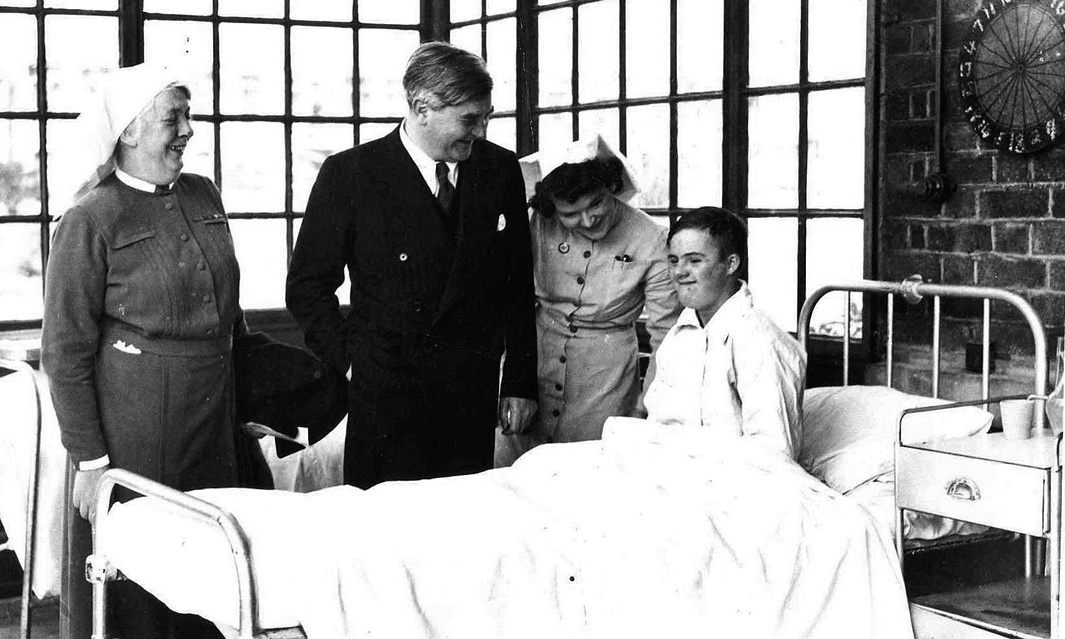Co-operation or Extinction? Retailers, landlords and the Prisoner's Dilemma

"If the retail sector is ever to be investable again, it has to be given the chance to grow." - Mark Burlton, Cross Border Retail "Some of these large retailers are, frankly, facing imminent death from the mortal wounds inflicted by the pandemic." - Chris Keen, CFO LloydsPharmacy --- My family are often shocked by the deeply inappropriate metaphors I sometimes draw from history to describe real world problems. Natural disasters, wartime events. But it would be quite a job to ransack the arena of human history to find a metaphor distasteful enough to describe what's about to happen in retail. 'Ticking time bomb' has already become a cliche (and in any case, that 'bomb' exploded at the start of the pandemic). What we are seeing now are the foreshocks of a major earthquake which will reshape the retail landscape forever. And the faultline about to slip is between retail landlords and tenants. Tensions between physical retail and landlords have been ...




